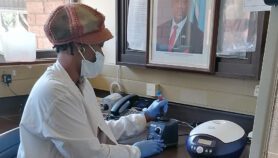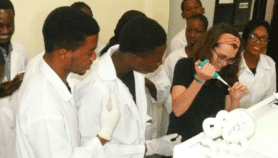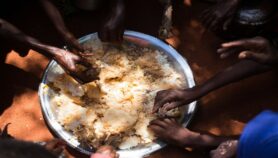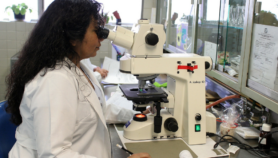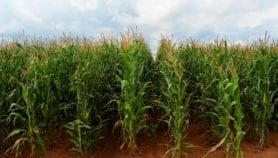16/02/24
Colonial legacies fuel unfair practices in African research
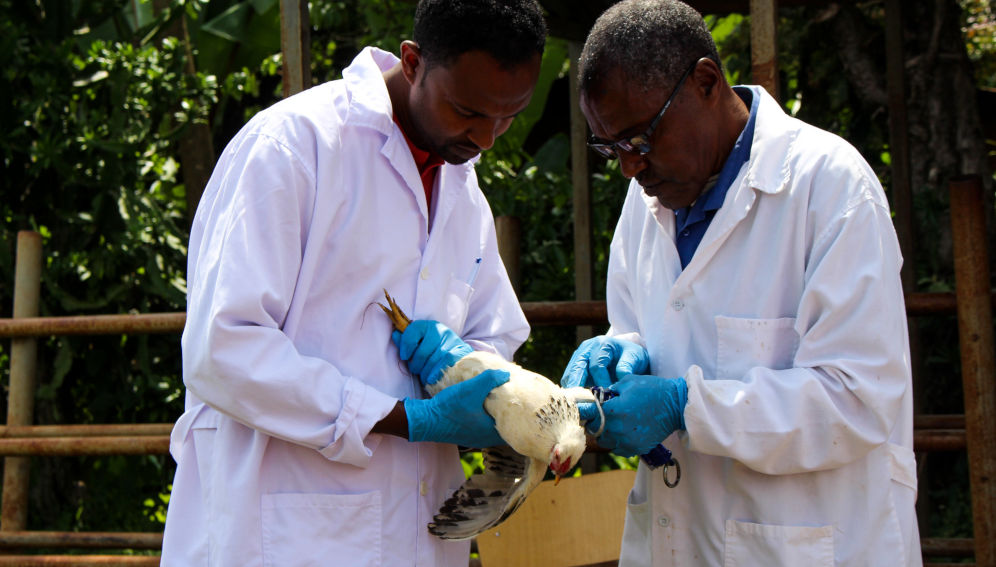
By: Nicki Tiffin
Send to a friend
The details you provide on this page will not be used to send unsolicited email, and will not be sold to a 3rd party. See privacy policy.
Higher income countries must move away from unfair data practices that undermine African researchers, writes Nicki Tiffin.
[CAPE TOWN] Africa’s data science ecosystem has the potential to drive transformative scientific research and healthcare advancements.
Realising this potential, however, requires confronting deep-rooted inequalities that persist in international research collaborations.
The value of diverse, evidence-based health data from the continent in combatting disease and responding to outbreaks is undeniable.
“The practice where institutions from the global North determine what is ‘good research’ marginalises African researchers and limits their opportunities on the global stage.”
Nickki Tiffin
A poignant example is the effective response of health professionals and data scientists during the 2018-2020 Ebola outbreak in the Democratic Republic of Congo.
Their collaboration, fuelled by lessons learnt and insights drawn from previous experiences, successfully curbed the spread of the outbreak to other parts of West Africa.
Data-sharing challenges
The current state of data-sharing in Africa is a mixed picture rooted in history and politics.
Embedded within data practices are colonial legacies and power imbalances that foster distrust and hinder meaningful collaboration.
The practice where institutions from the global North determine what is ‘good research’ marginalises African researchers and limits their opportunities on the global stage.
In 2021, for example, the United States government provided funding of US$30 million for malaria research to international organisations based in the US, the United Kingdom and Australia, passing over a similar project that had been successfully run since 2013 by a Kenyan team working on the INFORM malaria project.
This kind of action diminishes confidence in other ongoing efforts by global funders to support African entities and well-trained local researchers in the continent to build the required capacity to lead and conduct world-class research.
Issues of data ownership and intellectual property add another layer of complexity to the data-sharing landscape. The most common and routinely used method of data sharing is direct data sharing.
In this model, the researcher who has generated the data provides the full dataset to other users for all types of secondary use. However, the researcher generating the data has no control over the intended onward use of their data.
So-called “helicopter” or “parachute” research, where foreign researchers swoop into countries in the global South to collect data generated by local researchers and then fly out to analyse the data without further engagement or recognition of these contributions, stands as a prime example. In addition, these unfair research practices limit career opportunities and perpetuate poor pay for African researchers.
Moreover, the under-representation of African authors in publications concerning African research is troubling, especially in key authorship positions such as the last author (signalling the senior expert credited with creating and leading the project).
Even in disease research in Africa, such as tuberculosis and HIV – an area that has garnered significant attention and research support – a study published in BMJ Public Health found that almost two thirds of publications had non-African researchers as the last author.
These longstanding practices have perpetuated a sense of exploitation and frustration among African researchers, resulting in a lack of motivation and hesitance to share the data resources they generate with global collaborators.
Seizing the potential
Building trust among researchers and establishing fair and transparent practices is crucial to overcome these sensitive, historic issues and to foster a more equitable and collaborative data science ecosystem in Africa.
While we are moving in the right direction, there is more to be done: African researchers should be afforded transparent, equitable and ethical data sharing practices from the international research community for data and resources originating in Africa.
Data sharing agreements are an important factor to get right in this pursuit. They facilitate the organised exchange of data between data generators and consumers through clear guidelines and procedures, agreed upon by both parties.
Elements such as appropriate informed consent protocols, intellectual property, authorship, attributions, and acknowledgements play a central role in ensuring ethical and fair data sharing among researchers.
Consent protocols must be robust and documented to ensure there is consent from research participants for the secondary use of their data. Any share in profits or benefits from such use needs to be clearly identified in the consent information for the participants.
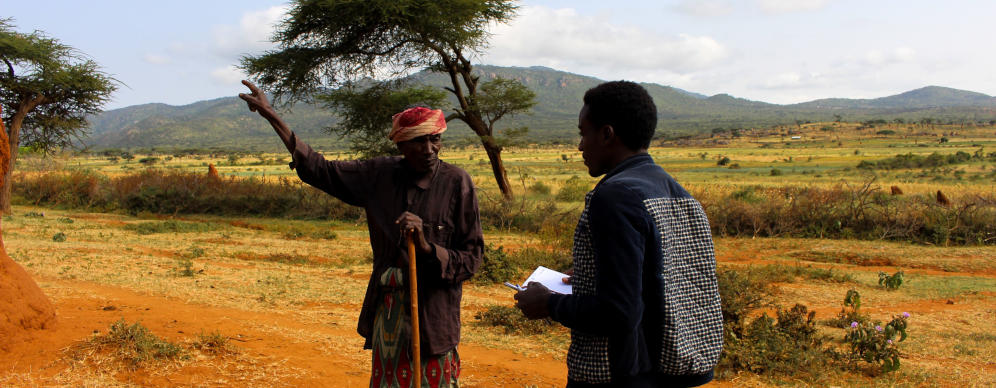
A researcher (right) interviewing a herdsman during a field trip in rural Ethiopia. Clear authorship guidelines and proper acknowledgment of data generators must be adopted. Photo credit: Camille Hanotte / ILRI, (CC BY-NC-ND 2.0 DEED).
In all forms of data sharing, it is essential to explicitly designate ownership of both present and future intellectual property rights linked to the shared data. Careful consideration from legal and/or technology transfer advisors can aid formulation of a clear agreement.
It is essential to establish and document a consensus on the plan for authorship and attribution regarding the outcomes derived from sharing data. It is also important to appropriately acknowledge the data generators in the research outputs.
There is also a growing acknowledgment of the need to actively involve primary data generators from under-resourced environments and the global South in research endeavours, ensuring their participation in data analysis, and respecting their right to assume senior author roles in publications.
Collective action
Africa holds promise in generating innovative solutions to global challenges. To successfully transform the research capacity of the continent, collective action must be brought to challenge persistent power differentials and invest in more equitable, ethical, inclusive and participatory research.
This requires a shift in the mode of data and biospecimen sharing from a traditional unidirectional transfer of resources to one that is built on collaboration in the global research community.
Additionally, clear guidelines must be established upfront by researchers, as significant points of contention can occur if these are not agreed in advance.
African governments must prioritise research and development capabilities in their own countries by allocating a higher proportion of GDP to nurture cutting-edge science in their own nations.
Funding initiatives that focus on African populations and disease must move away from favouring the global North and towards direct funding to Africans, to ensure that complete projects – not just data and sample collection – are Africa-based and Africa-led.
With awareness, investment and action, Africa’s health data ecosystem has the potential to be the catalyst for ground-breaking discovery, contributing to improved health outcomes not just within the continent, but across the globe.
Nicki Tiffin, is an associate professor in integrative biomedical sciences at the University of the Western Cape, South Africa.
This piece was produced by SciDev.Net’s Sub-Saharan Africa English desk.



